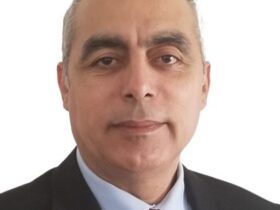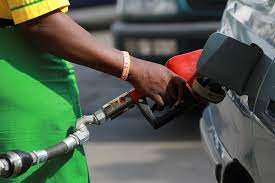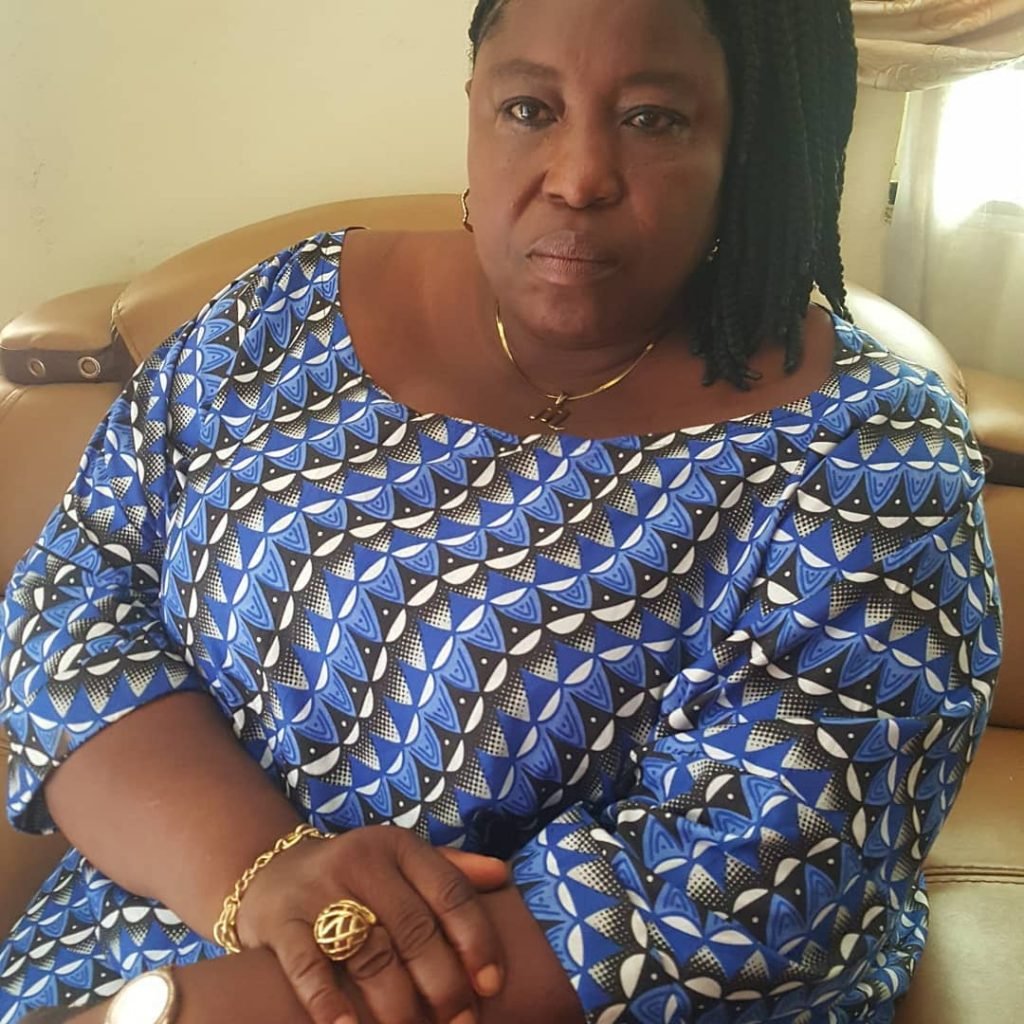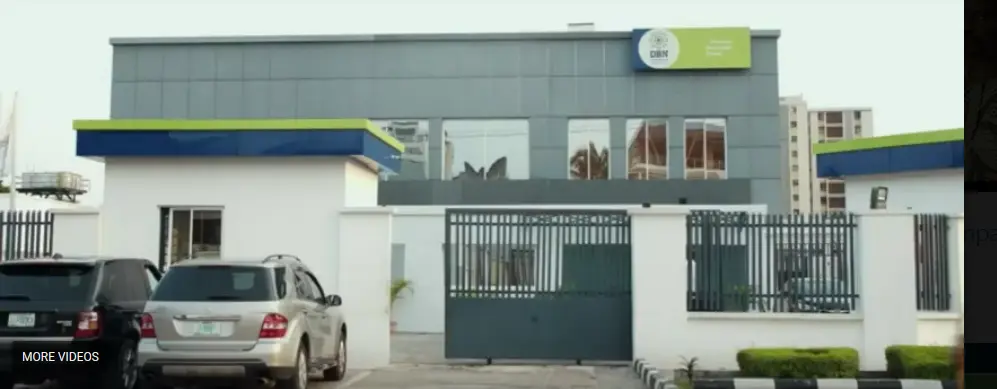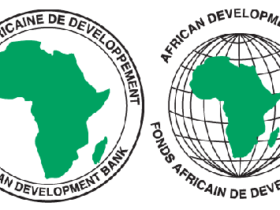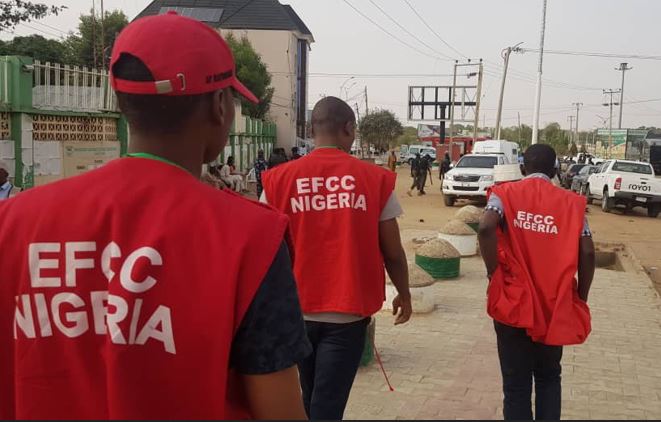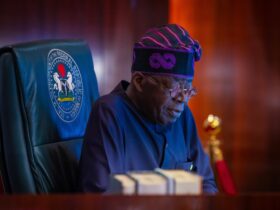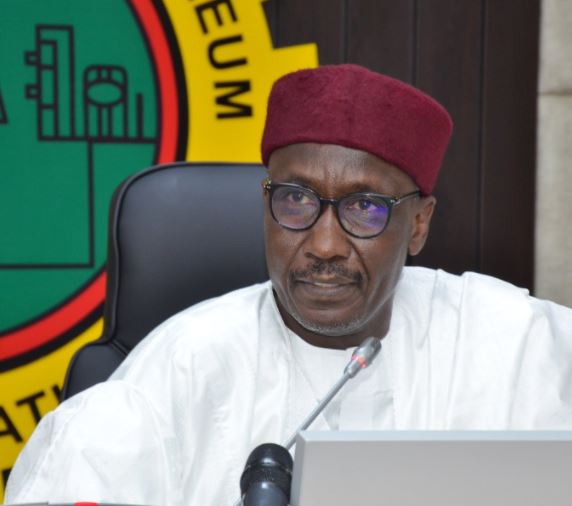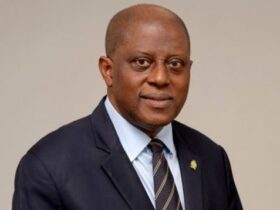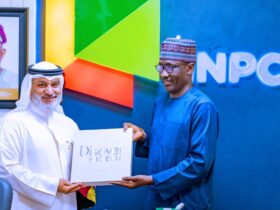The Development Bank of Nigeria (DBN) has disbursed over N 631 billion in loans to Micro, Small and Medium Enterprises (MSMEs) across the country.
The Managing Director of the bank, Dr. Tony Okpanachi, disclosed this in the bank’s 2022 Financial Report at its Annual General Meeting, in Abuja, yesterday.
According to him, the loan disbursement record, as of the end of the Financial Year on December 31, 2022, represented a major growth of 31 per cent from the N482 billion disbursed in the preceding year.
His words, “In five years of DBN’s operations, the bank has been at the forefront of development, playing a focal and catalytic role in alleviating financing constraints for Nigeria’s underserved MSMEs.
“By the end of December 2022, the DBN had disbursed more than N531 billion to slightly over 313, 000 MSMEs across the country, which grew from N482 billion, to more than 208, 000 MSMEs at the end of the previous year.
“This implies a 31, percent growth in financing support and 50 per cent growth in MSMEs impacted.”
Dr. Okpanachi described the performance in the year under review as impressive, despite the harsh environment, locally and across the globe.
By the end of the 2022 Financial Year, the bank achieved earnings of N47.6 billion, a Profit Before Tax of N29.5 billion, as well as, a cost to income ratio of 15.9 percent.
Trade and Commerce accounted for 52. 8 percent of the total loan portfolio by sector, followed by manufacturing (13. 5 percent; agriculture, forestry and fishing, (5.7 percent); Oil & Gas (4.9 percent).
2023 outlook
The bank’s MD said that looking ahead to the 2023 operation year, “the bank remains focused on financial sustainability, while providing critical financing to the MSME sector.
Consequently, the bank declared a dividend of N3. 418 billion which represents 25 percent of retained earnings (Profit After Tax and statutory reserves transfers) in the year ended December 31, 2022.
Shaholders: the federal government and institutional investors received N34.18 per share.

